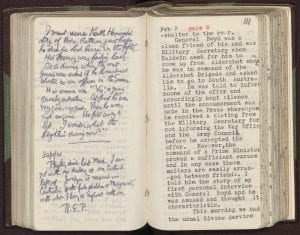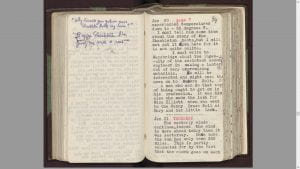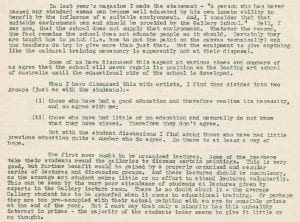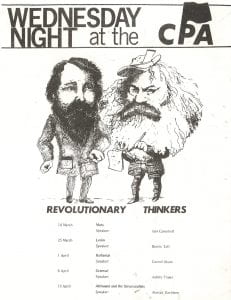Diary Entry Dated February 3rd, 1935
Christopher Orrell
To some a diary may serve as a memory aid, or as a place to collect their innermost thoughts. To others it may function as a type of autobiography, written for an audience with the intention of future publication. Raymond Priestley’s diary is of this latter type. It records the daily happenings of Priestley’s life but they carry the conviction that they will at some time be presented to future readers. Indeed, the diaries were eventually edited and published as The Diary of a Vice-Chancellor.[1] Continue reading “Diary Entry Dated February 3rd, 1935”





